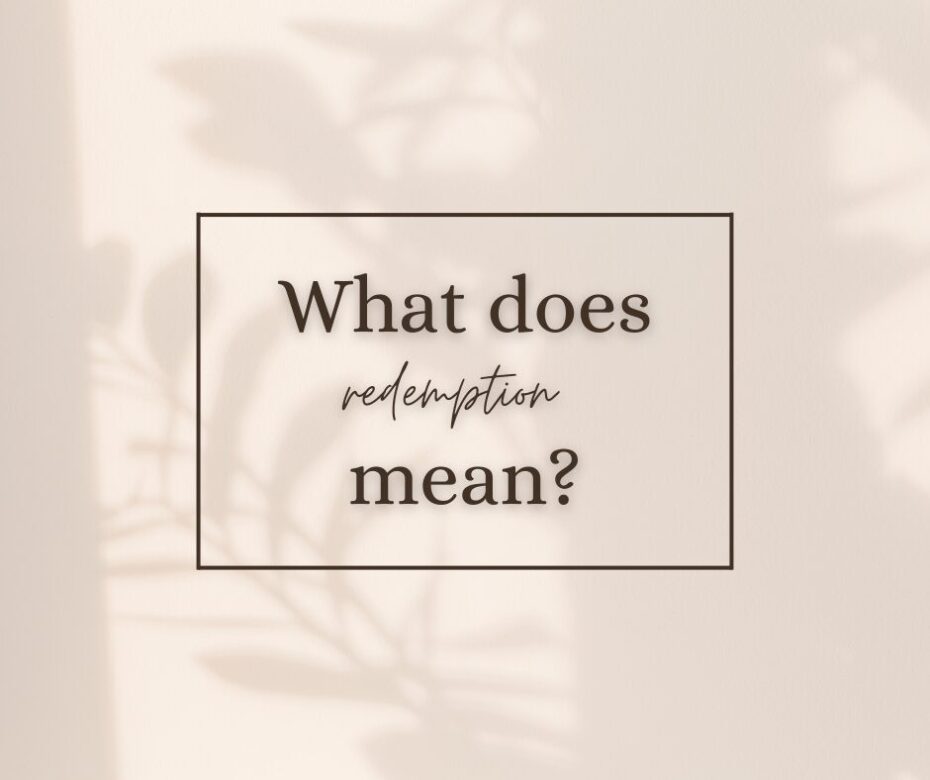In one of the great OT passages regarding the Resurrection, Job proclaims:
For I know that my Redeemer lives, And He shall stand at last on the earth; And after my skin is destroyed, this I know, That in my flesh I shall see God, Whom I shall see for myself, And my eyes shall behold, and not another. How my heart yearns within me! (Job 19:25-27)
These verses, among others (Dan 12:1-2; Isa 26:19; Hos 13:14; Ps 16:9-11), are often used to demonstrate that the OT saints not only believed in the coming Messiah, but believed that through Him they would live forever. Job understood that his Redeemer was coming and that one day, in his flesh, he would see Him.
For the Spring 2003 issue of JOTGES, Bob Bryant wrote an article (see here) titled “How Were People Saved Before Jesus Came?” In the article, Bryant comments on these verses:
Two thousand years before Jesus came, Job knew that his Redeemer was coming to this earth to pay the price for his sins. Job had a certain assurance that because of his Redeemer, he would live with God after his death ( p 64).
This is a beautiful passage that speaks to the consistent message–found throughout both the OT and NT–of eternal life in Christ. However, there is more to these verses than simply a salvific application.
In chapter 18 Job is subjected to yet another attack from one of his friends–this time Bildad (18:1ff). In chapter 19, Job speaks of the ten times Bildad reproached him, tormenting his soul and spiritually abusing him with wrongful attacks (vv 2-3). Job states that he is estranged from his acquaintances, that his relatives have forsaken him, and that his close friends have forgotten him (vv 13-14). Even his servants treat him as a pariah. He is utterly blacklisted by everyone in his life due to the suffering he is experiencing. Even his wife and children find him repulsive (vv 17-18). Thus, Job has suffered not only the loss of land, wealth, children, and health; his reputation has also come to ruin due to the stigma related to suffering. His physical suffering is a key element in the context. In v 20, he says that his bones cling to his skin. Job sits in utter ruin and misery.
Verses 25-27 show that Job clearly understands that he will live forever. But I would like to suggest that he is looking forward to more than simply being in eternity. He also knows that his Redeemer will one day redeem his physical body and vindicate his life. In short, in this moment of despair Job isn’t looking forward to eternal life specifically. Rather, he clings to the hope of a coming vindication.
The word Redeemer is the Hebrew word gō’ali. It means “redeemer, an avenger, or to reclaim as one’s own.” The Nelson Study Bible makes this interesting comment:
Job expresses his confidence in his living Redeemer, which in this legal context may be translated “Vindicator” or “Protector of the Family Rights (see Ps 199:154; also Ruth 4:1).”
These descriptions of Christ fit the context of the passage beautifully. As Job thinks of all those who have forsaken him, he looks to this coming One who is his Avenger, Vindicator, and Protector. This goes beyond the Lord’s being the Giver of eternal life: He is also our Redeemer!
In Ps 72:12-14, we see a similar concept. Solomon speaks of the coming kingdom of the Lord, and describes the future redemption of those who suffer, saying:
For He will deliver the needy when he cries,
The poor also, and him who has no helper.
He will spare the poor and needy,
And will save the souls of the needy.
He will redeem their life from oppression and violence;
And precious shall be their blood in His sight (emphasis added).
Two things should be noted in this passage. First, the salvation of the needy (v 13) does not refer to eternal salvation from the lake of fire. Rather, it speaks to their coming deliverance from suffering. Second, to save their soul is defined as the redemption of their life. The psalmist explains this in v 14, describing the deliverance from oppression and violence. The Lord offers eternal life through faith in Him. However, there is also a coming redemption for the poor and suffering. Despite the way the world treats the needy, suffering believers are precious to the Lord (v 14), and He will bless them in His kingdom (Matt 5:3-12). He will avenge them and vindicate their lives.
With this understanding of redemption in mind, Job’s words hold far more significance than simply the knowledge that he was saved and would be in the coming kingdom. Instead, Job speaks of a future day when his life will be redeemed from suffering and oppression. It should also be noted that the emphasis here is on a future deliverance. Eternal life is a present possession for the believer (John 5:24). Job already had this life because of his faith alone in the coming Messiah. However, in chapter 19 Job looks forward to a future redemption of his body and to the vindication of his life before God and man. Job looked to his Redeemer for the full scope of the deliverance of his reputation and body. Even a life marred by suffering and ridicule would be resurrected to glory. It was this full-scope redemption that his heart yearned for and that he looked forward to in hope.

